Why Is The World Rushing Back To The Moon?
The Moon has been one of the most important theoretical stepping stones to our understanding of the universe. We’ve long understood that it could also be our literal stepping stone: humanity’s first destination beyond our atmosphere.
Episodes
-
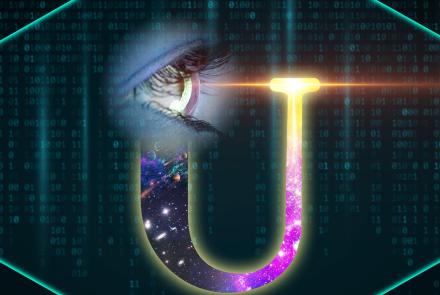
Does the Universe Create Itself?
S8 E12 - 13m 46s
Imagine you’re leading a game of 20 questions and you forget the thing you chose half way through. You have to keep answering yesses and nos and hope that you think of something that’s consistent with all your previous questions before the game is done. Well it could be that’s what the entire universe is doing. I hope it thinks of something good before we run out of questions.
-
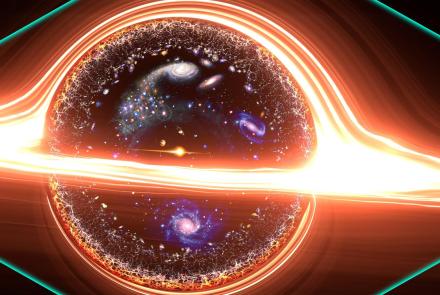
Could The Universe Be Inside A Black Hole?
S8 E11 - 12m 47s
What is inside a black hole? Inevitable crushing doom? Gateways to other universes? Weird, multidimensional libraries? If you’ve ever wanted to know then you might be in luck - Some physicists have argued that you’re inside one right now.
-
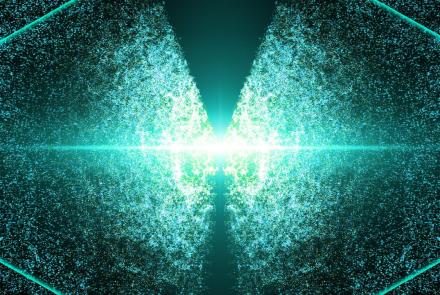
Where Is The Center of The Universe?
S8 E10 - 14m 21s
We ask a simple-seeming question that will lead to so pretty wacky places. The question is this: If the universe has a center, where is it?
-
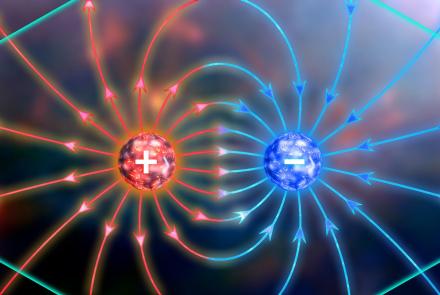
What If Charge is Not Fundamental?
S8 E9 - 13m 47s
If you've studied any physics you know that like charges repel and opposite charges attract. But why? It's as though this thing - electric charge - is as fundamental a property of an object as its mass. It just sort of ... is. Well it turns out if you dig deep enough, the fundamental-ness of charge unravels, and in many things, including mass itself, are unraveled with it.
-
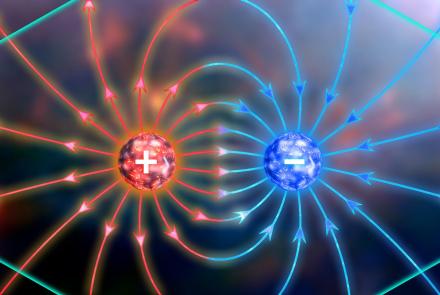
Is the Proxima System Our Best Hope For Another Earth?
S8 E8 - 15m 33s
At just four light years away, Proxima Centauri is our closest solar neighbor. The recent discovery of the new exoplanet Proxima D, has reopened the discussion of whether the proxima system is our best chance at reaching another Earth. How did we discover Proxima D? How do we know what the conditions are on planets so far away? Watch the episode to learn more.
-
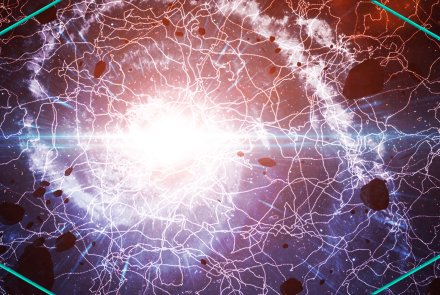
Are Cosmic Strings Cracks in the Universe?
S8 E7 - 15m 41s
Reality has cracks in it. Universe-spanning filaments of ancient Big Bang energy, formed from topological defects in the quantum fields, aka cosmic strings. They have subatomic thickness but prodigious mass and they lash through space at a close to the speed of light. They could be the most bizarre undiscovered entities that actually exist.
-

Is The Wave Function The Building Block of Reality?
S8 E6 - 13m 31s
Objective Collapse Theories offer a explanation of quantum mechanics that is at once brand new and based in classical mechanics. It’s no big deal for particles to be in multiple different states at the same time, or to teleport between locations, or to influence each other faster than light. But somehow, none of this strangeness makes its way to the familiar scale of human beings.
-
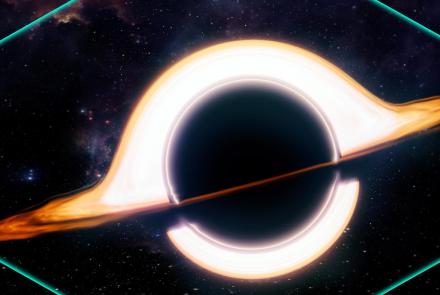
How Does Gravity Escape A Black Hole?
S8 E5 - 12m 36s
Fact: in a black hole, all of the mass is concentrated at the singularity at the very center. Fact: every black hole singularity is surrounded by an event horizon. Nothing can escape from within the event horizon unless it can travel faster than light. Fact: gravity travels at the speed of light. So how does a black hole manage to communicate its gravitational force to the outside universe?
-
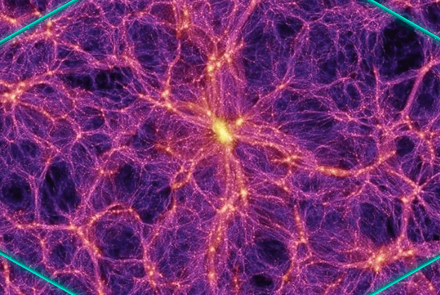
How To Build The Universe in a Computer
S8 E4 - 12m 26s
We routinely simulate the universe on all of its scales, from planets to large fractions of the cosmos. We’re going to see how it’s possible to build a universe in a computer - and see whether there’s a limit to what we can simulate.
-
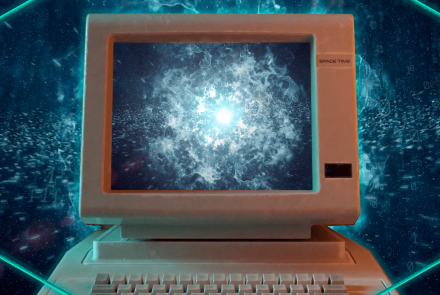
How To Simulate The Universe With DFT
S8 E3 - 14m 14s
If you used every particle in the observable universe to do a full quantum simulation, how big would that simulation be? At best a large molecule. That’s how insanely information dense the quantum wave function really is. And yet we routinely simulate systems with thousands, even millions of particles. How? By cheating. Using the ultimate compression algorithm: Density Functional Theory (DFT).
-
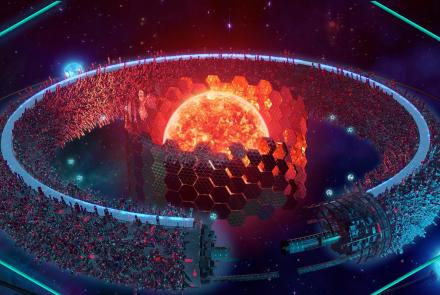
How to Find Alien Dyson Spheres
S8 E2 - 14m 28s
On our search for alien lifeforms we scan for primitive biosignatures, and wait and hope for their errant signals to happen by the Earth. But that may not be the best way. Any energy-hungry civilization more advanced than our own may leave an indisputable technological mark on the galaxy. And yes, we’re very actively searching for those also. Time to update you on the hunt for galactic empires.
-
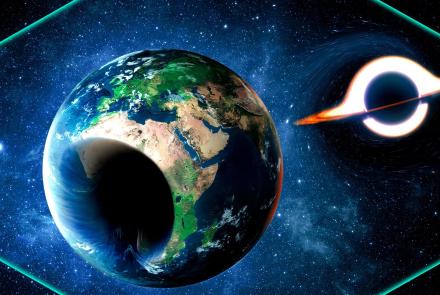
What Happens If A Black Hole Hits Earth?
S8 E1 - 13m 29s
The possibility that a black hole could actually impact Earth may seem straight out of science fiction, but the reality is that microscopic primordial black holes could actually hit Earth. If one did, it wouldn't just impact like an asteroid, it'd pass straight through the entire Earth and exit the other side. Perhaps craziest of all, this may have already happened!
WETA Passport
Stream tens of thousands of hours of your PBS and local favorites with WETA Passport whenever and wherever you want. Catch up on a single episode or binge-watch full seasons before they air on TV.
Similar Shows

SciGirls Stories: Black Women in STEM
Science and Nature

Alzheimer's: What You Can Do
Science and Nature

The Brain-Gut Connection with Dr. Emeran Mayer
Science and Nature

The Brain Revolution
Science and Nature

The Great Polar Bear Feast
Science and Nature

Secret Life of Scientists and Engineers
Science and Nature

Stop Saving the Planet?
Science and Nature

Bears of Durango
Science and Nature

Earth's Natural Wonders
Science and Nature
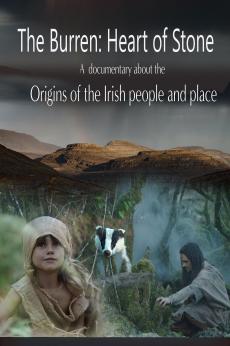
The Burren: Heart of Stone
Science and Nature